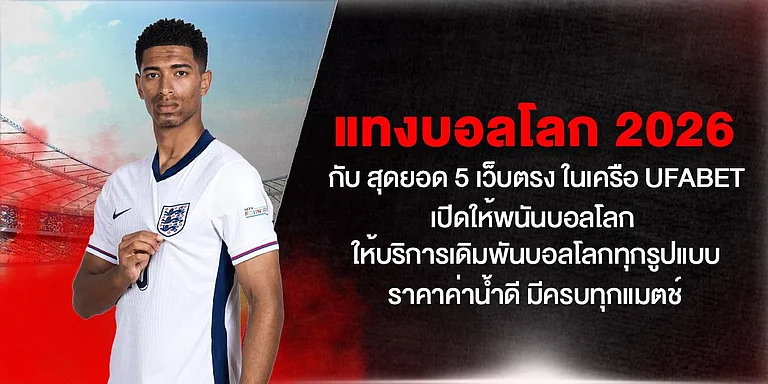With Norway and the US getting involved, diplomatic activity to find a negotiated political settlement to the Lankan crisis has picked up. But despite the hectic activities in Oslo, Colombo and New Delhi, analysts believe the negotiations will not take off until the rebel military offensive in the Jaffna peninsula ends. And obviously, the outcome of the battle would have a major bearing on the peace talks. "Nothing is going to happen on the peace front until the situation in Jaffna settles down," says a US diplomat in Colombo.
The Tamil rebels have kept up their pressure on government troops and are gaining ground daily. "The defence establishment in Colombo is getting increasingly concerned," says Iqbal Athas, the Sunday Times defence correspondent. The question is no longer whether Jaffna would fall but rather when and how it will happen. "The government seems to have no idea about how they will pull out over 30,000 troops from Jaffna if the need arises. They seem to be hoping for foreign intervention to help them do it," says another analyst.
Colombo has announced that it'll fight to the last man in Jaffna and has thrown in millions of dollars worth of new military hardware into the battle. "Hopefully this infusion will stop the rebel advance. But to safeguard Jaffna, we have to recapture lost ground. There's no way Jaffna can be held without pushing the rebels all the way back to the mainland," says a recently retired general. That task, considering the demoralisation of the army, is quite a tall order. The rebels have also targeted military supply lines by directing mortar-fire at the military airport and the only harbour in the peninsula. "The biggest worry here is that they'll make it impossible to use the port and the airport. That would effectively cut off the troops," says the general. A massive military setback like that would have serious repercussions on the peace front as well.
"The only positive outcome of the current fighting is that it could turn out to be a catalyst for the peace process. There's a view that the ltte won't enter into any serious negotiations until they're in control of Jaffna. Were this to be the outcome of the current fighting, international pressure too could be brought to bear on the ltte to enter into talks. As for the government, the argument may well be made that in territorial terms, the situation has reverted to what it was in '94. But it's clear that for both sides, any decisive result on the ground will be temporary unless it's followed by progress on the political front," says Dr Paikiasothy Saravanamuttu, executive director, Centre for Policy Alternatives. But sceptics feel otherwise. "The ltte has never been seriously interested in anything other than Eelam. For them talks are a tactical move to regroup and re-arm," says Dharmalingham Sidharthan, leader of the People's Liberation Organisation for Tamil Eelam (plote). Indeed, the four previous attempts at a settlement lasted less than three months. And when fighting resumed each time, it was with a renewed ferocity. But as Sidharthan points out, "The crucial difference between the current fighting in Jaffna and other battles in the past is that now, after the fall of the Elephant Pass, the Tamils feel a separate state is achievable by military means."
On the talks front, the ltte seems to be indicating that it's serious about reaching a peaceful settlement. "The ltte is supposed to have told the Norwegians that they are realists and understand that a separate state is not achievable and that they could settle for less," says senior government source. However, the Norwegian team has been cautious about immediate progress and is awaiting a response from the Sri Lankan government. While Colombo's first priority is to try and hold on to Jaffna, many observers feel that the government is fast heading towards a no-win situation. "A defeat such as a failure to defend Jaffna may ensure that the government is in no position to go in for talks. And then, if there's foreign involvement in evacuating troops, they'll not only demand that the government start peace talks but will also push their own agenda vis-a-vis their opinion as to what the solution should be," says Victor Ivan, editor, Ravaya. A grim reminder that not everyone supports peace talks or foreign involvement came in the form of a grenade hurled at the Norwegian embassy in Colombo - just 24 hours after their delegation had left the country.
However, despite the military setbacks, the government and the main opposition United National Party (unp) are going ahead with their discussions. These talks are aimed at reaching a consensus on a new constitution that would be the basis for negotiations with the rebels. But even on this front, progress is unlikely. "The consensus reached so far on a number of key issues - such as devolution of power to provinces and the division of power - is far less than what the ltte might find acceptable as an alternative to a separate state," says Rohan Edrisinha, law lecturer at Colombo University. But at the end of the day, it's clear that progress on the peace front will continue to be held hostage by the shifting military balance on the ground.

























